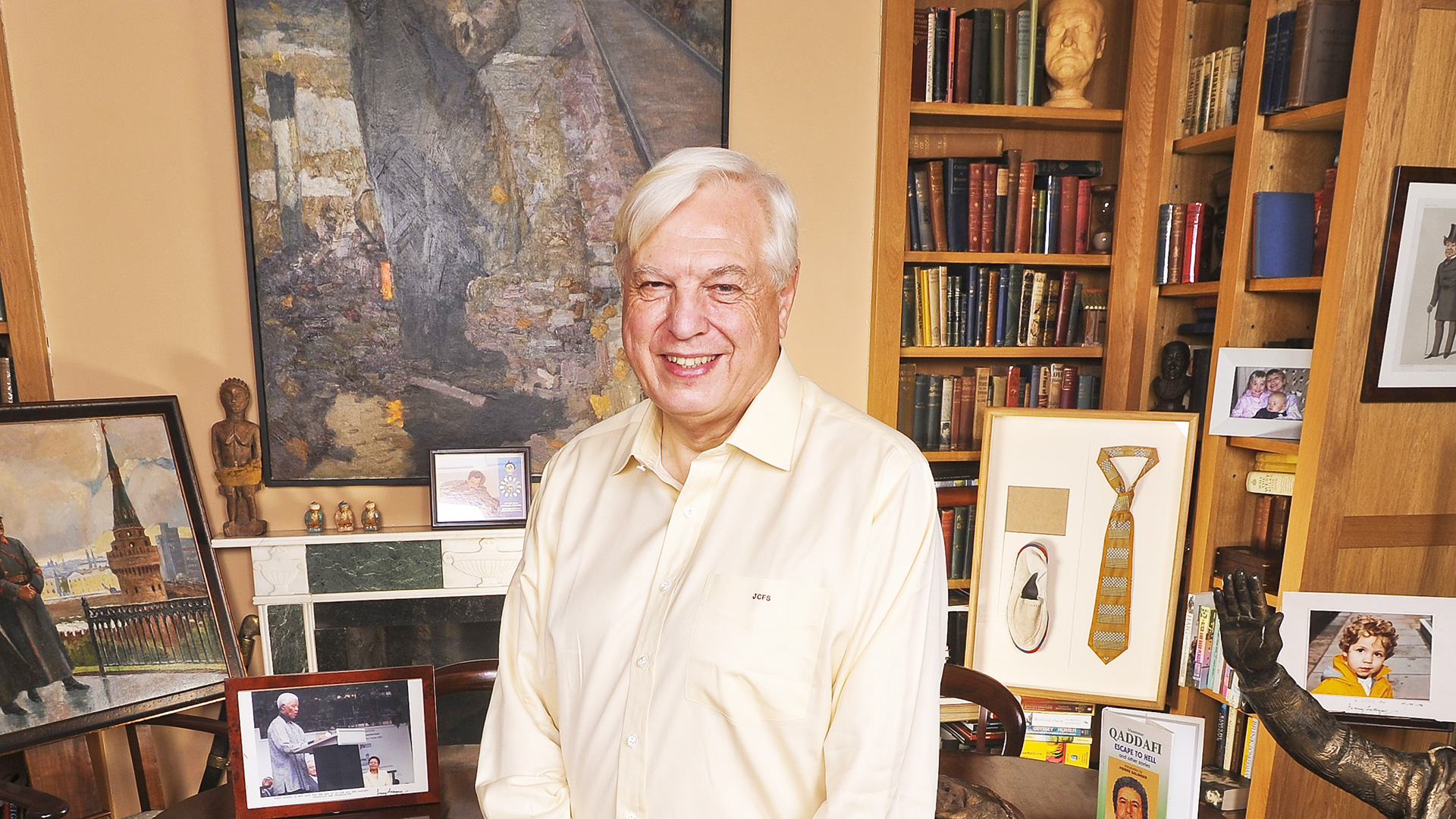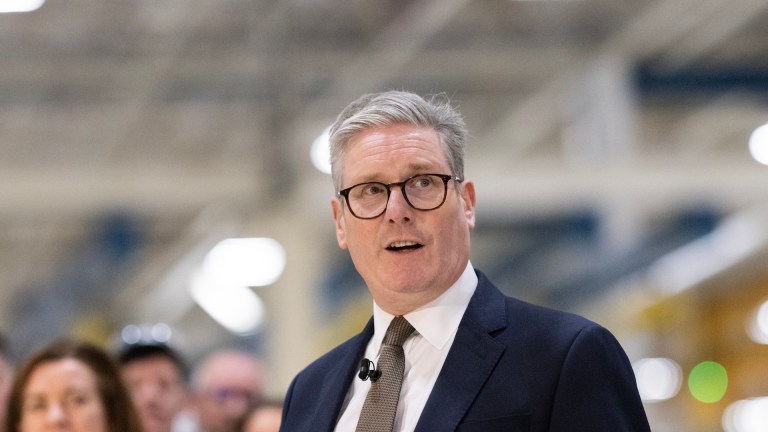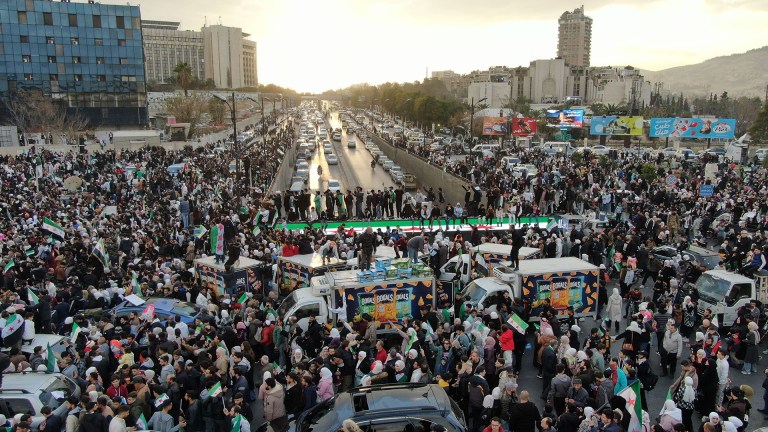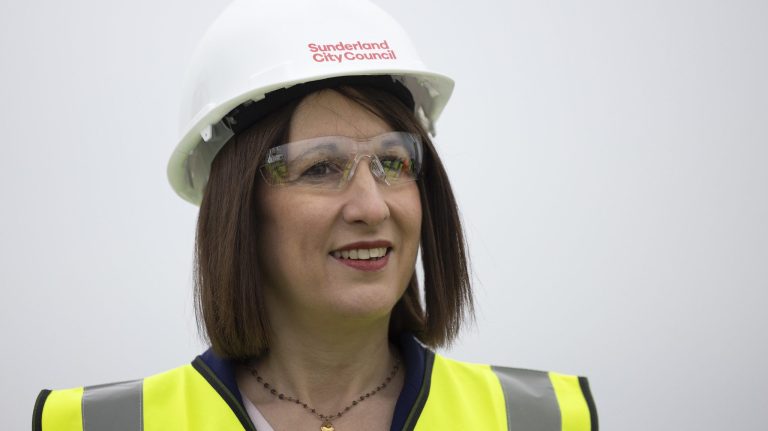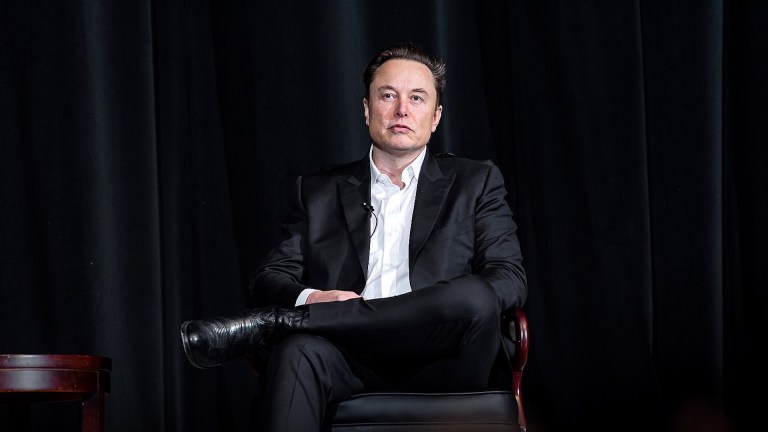I was an only child brought up by his father. So it could be quite lonely. I was happy at school but I didn’t have any friends locally. My father and I got on okay. He was the difficult one, not me. He was the one slamming doors. I learned to cope with his moods – he could be very irritable to the point of anger. But I learned how to calm him down and just accept it. Looking back, I think I really clipped his wings. If it hadn’t been for me he’d have had much more of a social life, had far more girlfriends.
I didn’t see my mother at all at that time. That’s the really sad thing. She left my father when I was six because he was very difficult. They just asked me, did I want to go with her or stay with him. My mother had two children by her first marriage so I thought, well, she’s already got two kids and my father hasn’t got any, so I ought to stay with him. Of course I wouldn’t quite see it like that these days. I think she was thunderstruck. I don’t think she ever got over it. It caused so much pain and grief. We never were able to get very close, which was very, very sad. I made my choice and the division was complete. I was on one side and she was on the other. It wasn’t until she was an old lady that I got to know her and admire her and love her.
I don’t think my mother ever got over that decision I made
I had no idea at 16 what I might do with my life. But my father had run away to sea when he was 15. He’d travelled all over the world. I think if he’d been an accountant, a life of roaming around travelling to dodgy places might have seemed strange to me. But with him telling me all these stories about India and America and Australia, it became a natural thing for me to see the world as a place to be explored. I’m not a thrill seeker, I’m really not. In fact if I’m really, really honest I rather look down on people who are thrill seekers because they don’t have enough going on in their own lives. I don’t feel the need to do extraordinary, exciting things, because I’m paid to do that.
I’ve been scared quite a few times. I counted out recently that I’ve had nine times when I’ve thought, this is clearly it, I’m about to hand in my lunch pail. Being shot at close range, being blown up, being grabbed by a lynch mob, shelled for 12 solid hours in Afghanistan… I’ve been extraordinarily lucky to have escaped them all. Most of these things, being bombed or shot at, it’s all over before you’ve worked out what’s happened. But when you’re grabbed by a crowd in Iraq – and they actually started the process of tearing my colleagues and me limb from limb; we all had deep scratches on our chests and backs and faces – I definitely thought it was goodbye cruel world at that point. Fortunately something happened just in time to calm them. But that was very scary, looking at the people who are going to kill you right in the eyes.
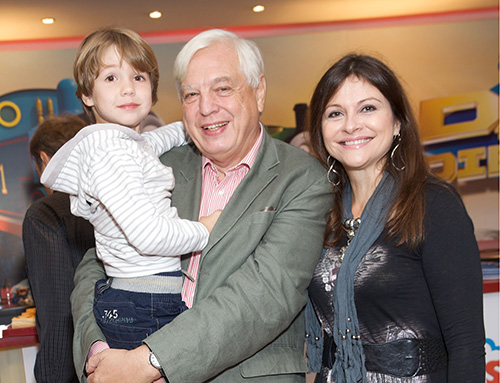
I don’t feel guilty about taking risks. It’s my job and I feel a duty to do it well. I went to school in the early ’60s. We were brought up to think of duty as the most important thing in the world. I’m sure my wife and son [above], and my two daughters by my first marriage, they all know I won’t do stupid pointless things. But you’ve got to bring home the bacon. My first wife, she’s a portrait artist from Southern California, she thought it was all a bit silly, childish boy-scout stuff, and I only did it because I hadn’t grown up. But my present wife was my producer for a very long time, she’s seen me work and she knows I don’t do unnecessary things, I just do enough to do my job properly.
I would have liked to have spent more time at home when my daughters were growing up but the fact is, I’m afraid, I put my job first. With the second marriage, my son was born when I was 61. I was much more senior, in the last segment of my career. I was able to make my own decisions about where I go and when I go. So that’s been easier. My son and my wife are the most important thing now, not climbing up the greasy pole and doing well at work. That’s been established now.
